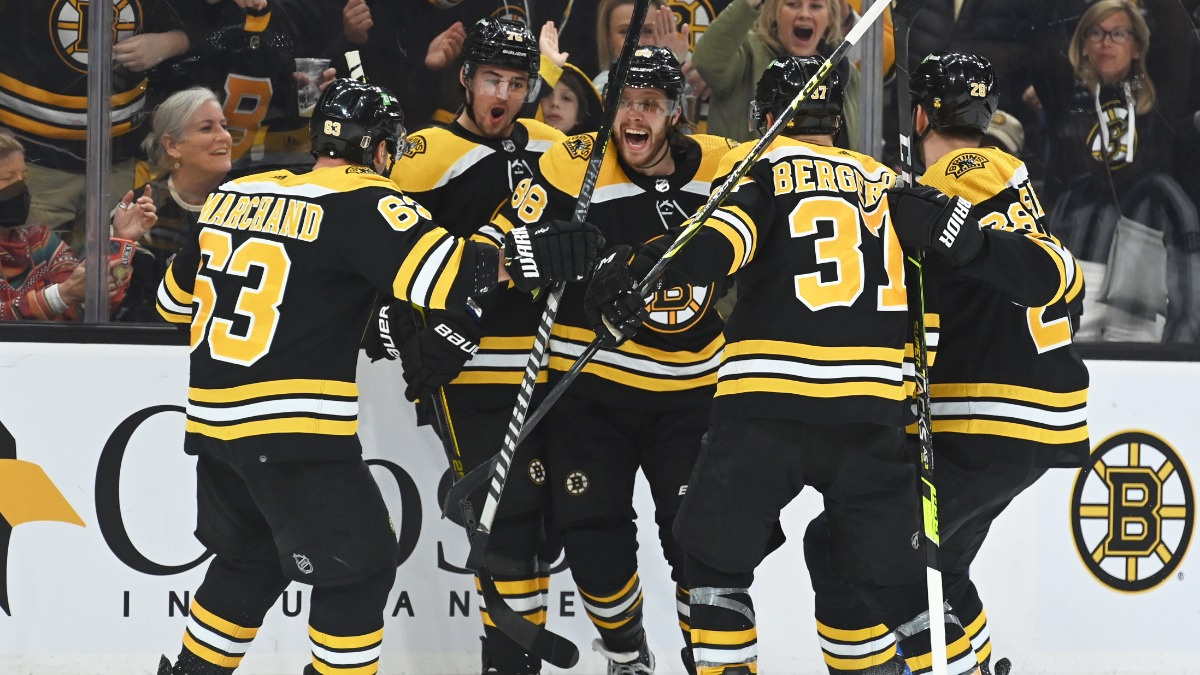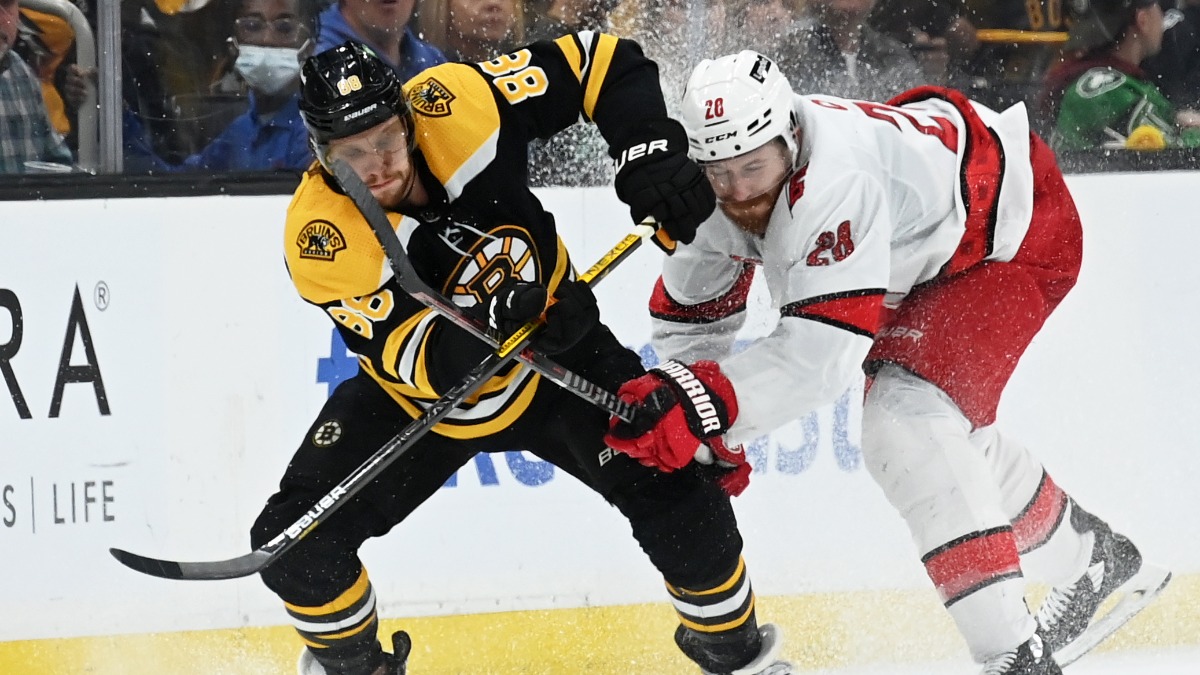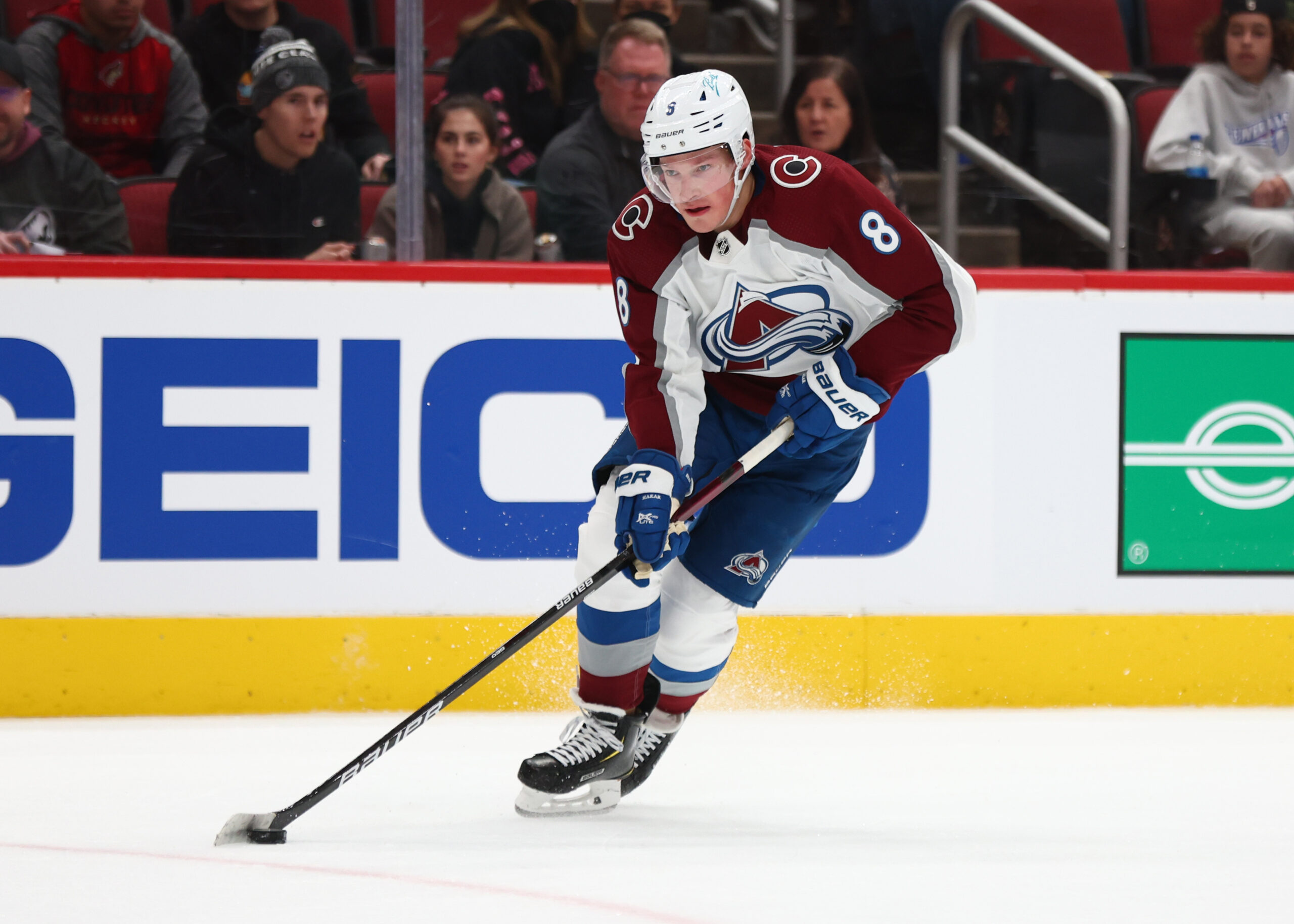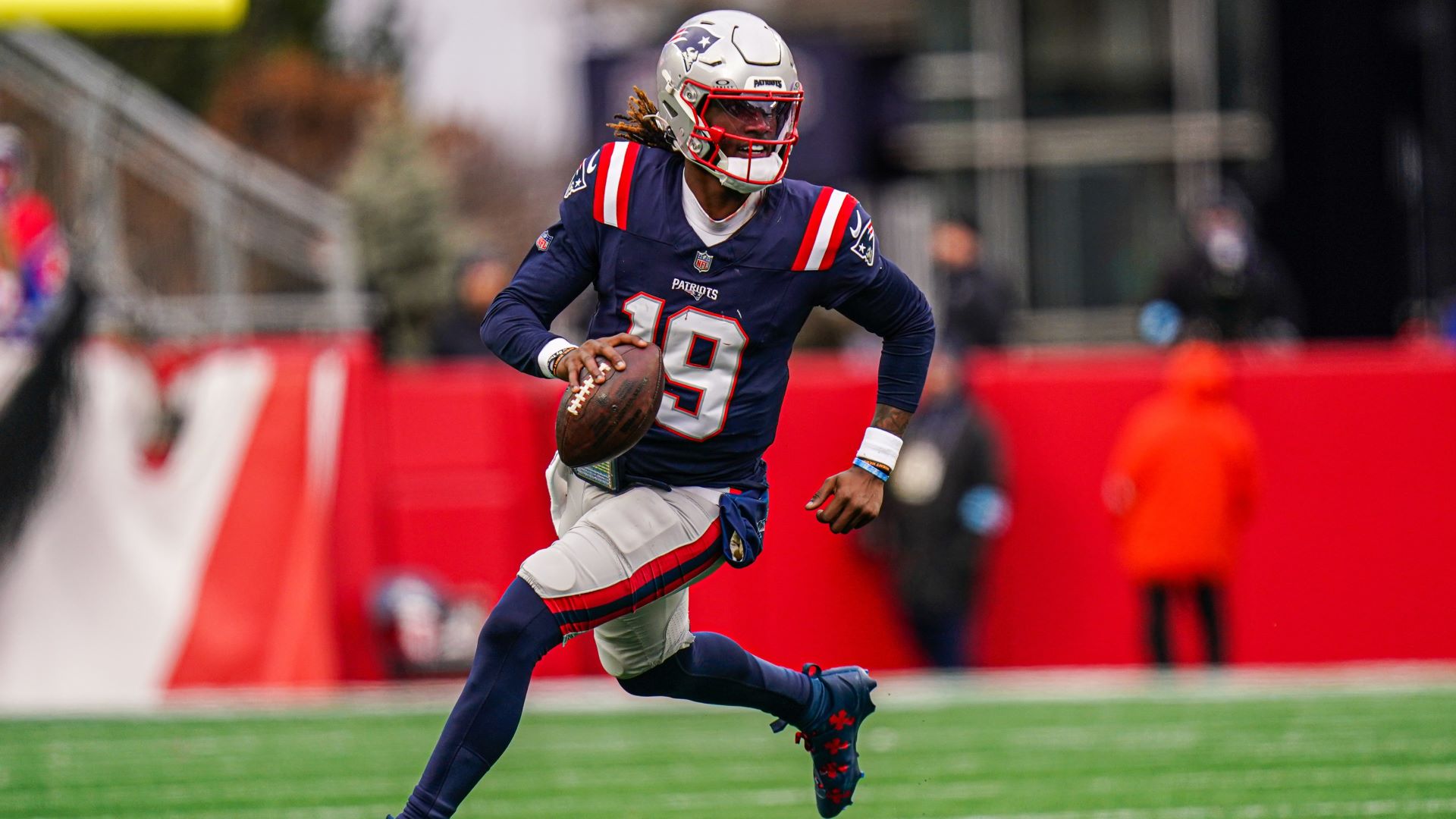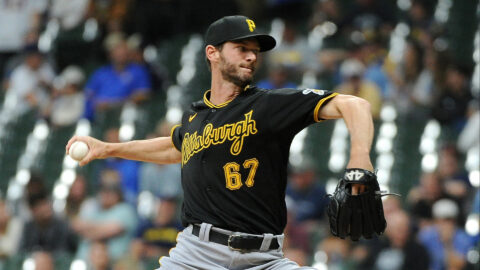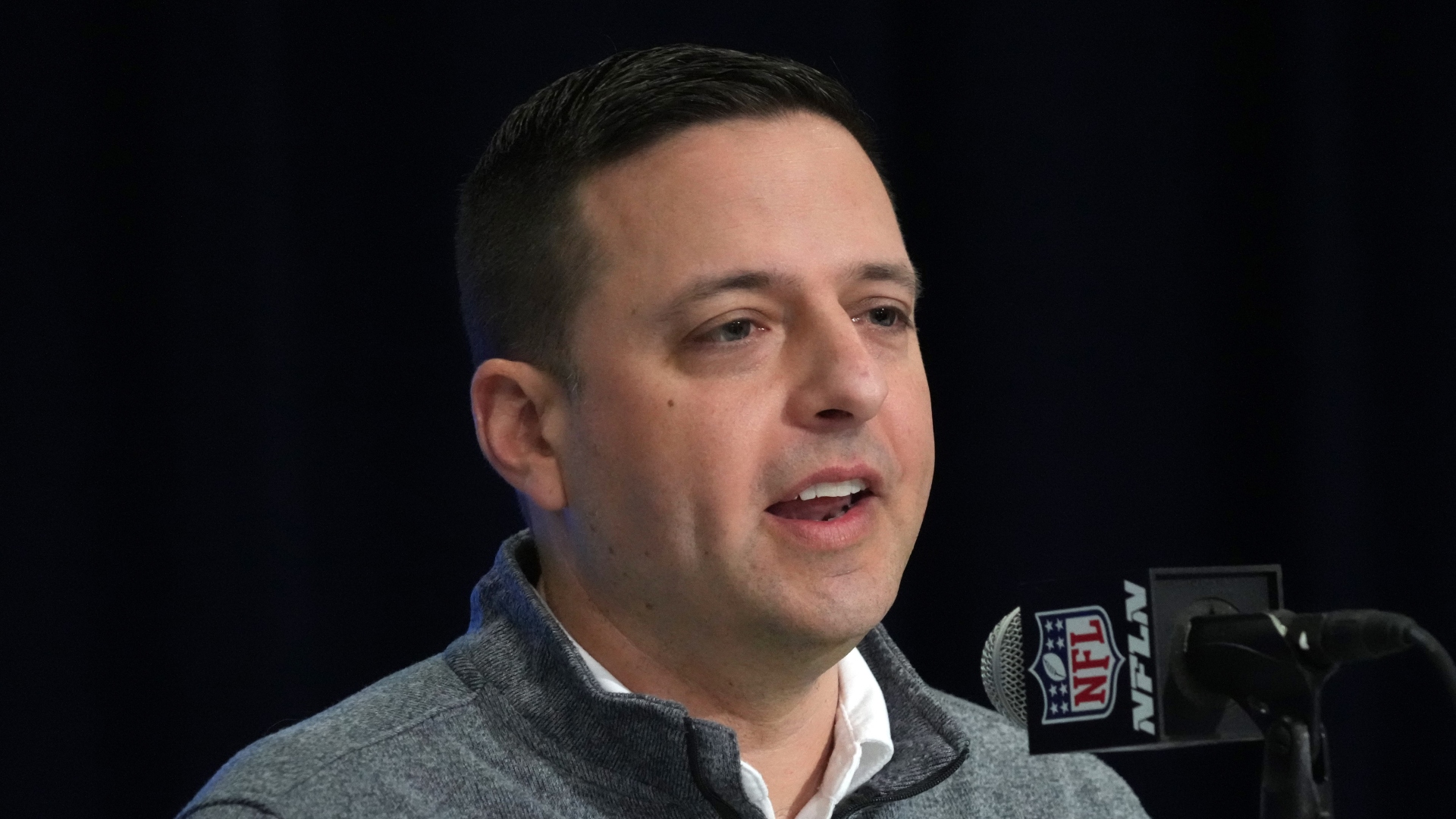Bruce Cassidy has said it for a week now that the Bruins know what they're dealing with when it comes to the Hurricanes' penalty kill.
On paper, it looked like a brutal matchup for the Boston power play as the B's entered their first-round Stanley Cup playoffs series with Carolina. The Bruins in their penultimate game of the regular season snapped an 0-for-39 power-play skid, and that one goal against a bad team did little to spark the man advantage. Making the situation even worse, a top-ranked Hurricanes penalty kill awaited in Round 1.
Cassidy has been very hands-on when it comes to the Bruins' power play. He knew better than anyone that solving the Hurricanes' stifling PK wasn't going to be easy. Carolina penalty killers suffocated Boston in the first two games of the series, holding the Bruins to one power-play goal in eight chances. The Bruins showed signs of life in Game 3 upon returning to Boston. But a pair of power-play goals, sparked by a slight change to the team's first unit, might be what really ignites the special teams for Boston.
With Nino Niederreiter in the box for tripping, Cassidy sent out his first unit consisting of Patrice Bergeron, Brad Marchand, David Pastrnak, Taylor Hall and Matt Grzelcyk (filling in for Charlie McAvoy, who was out Sunday). The Bruins, 0-for-4 with the man advantage to that point, stuck to their original plan which is highlighted by Hall in front of the net. That proved to be unsuccessful, especially with the Carolina defensemen creeping up into the slot and trying to take away that mid-ice play the Bruins love so much on the power play.
So, after a stoppage in play led to a faceoff in the Carolina zone halfway through the power play, Cassidy tapped Jake DeBrusk to hop over the boards and replace Hall. DeBrusk doesn't possess the same playmaking gifts Hall has been blessed with, but he can be good at retrieving pucks and getting his stick where it needs to be around the net.
Which is exactly what he did.
Controversy followed with the Hurricanes challenging for goalie interference, but the goal was upheld. It wasn't pretty, but it obviously was effective, and it all stemmed from that one change.
"Taylor was there and we were forcing some plays in there from that goal-line position," Cassidy explained in his postgame press conference. "Listen, this is the No. 1 kill going into the playoffs, so there's only so many things they're going to give you. Their D will push up on (Marchand) so there's a little room behind him to go to the net, but sometimes you've gotta get there and muck around and maybe it opens up something later. That's what we talked to Jake about. The puck's sitting there, and he went after it. How it plays out after that, it's kind of out of our hands. Good for him getting in there -- greasy goal."
Cassidy made another tweak later in the game, too, opting to start the third period with five forwards as Boston opened the frame with a 5-on-3. It ultimately worked when Marchand potted a beauty over Antti Raanta's glove with one second remaining on the two-man advantage.
The five-forward move was a decision made in part because of McAvoy's absence, as Charlie Coyle gave Boston another right-handed shot. Furthermore, the goal was a result of a slight shift in philosophy tailored around avoiding one of the Hurricanes' strengths.
"I find that what Carolina does is they block the one-timers well," Cassidy explained. "They anticipate the pass so maybe shooting from your forehand side before they can get in a lane is one idea."
That's exactly what Marchand did, opting against a potential one-timer with DeBrusk lingering at the goal line, instead of taking advantage of a rare shooting lane.
"(Marchand) took the shot from there before they could get in the lane, and it was a heck of a shot," Cassidy said. "That's what we kind of discussed before the period and it worked out."
The Bruins made their adjustments and found success. As the series shifts back to Carolina, expect Rod Brind'Amour's team to respond in kind, and the chess match continues.

